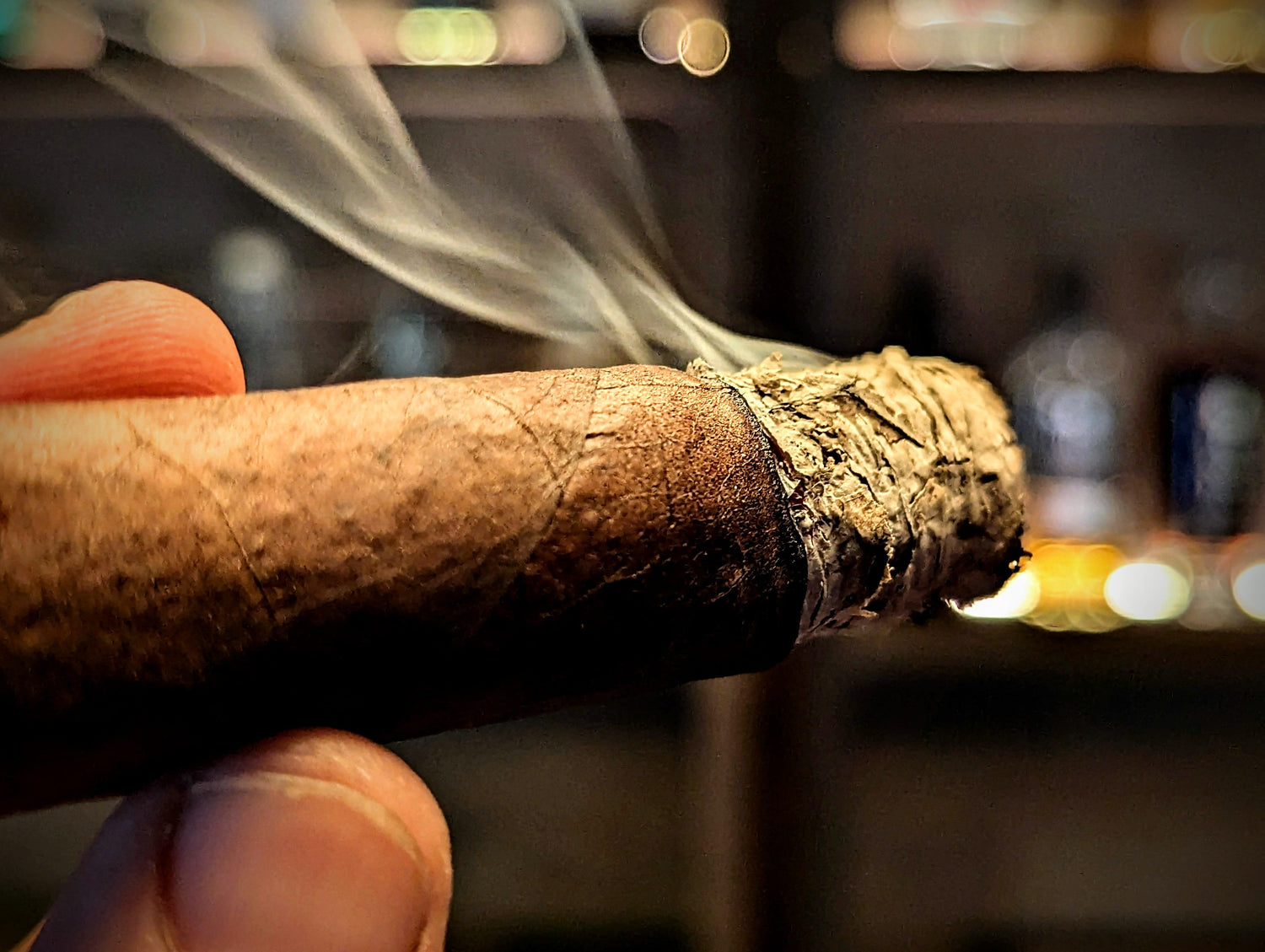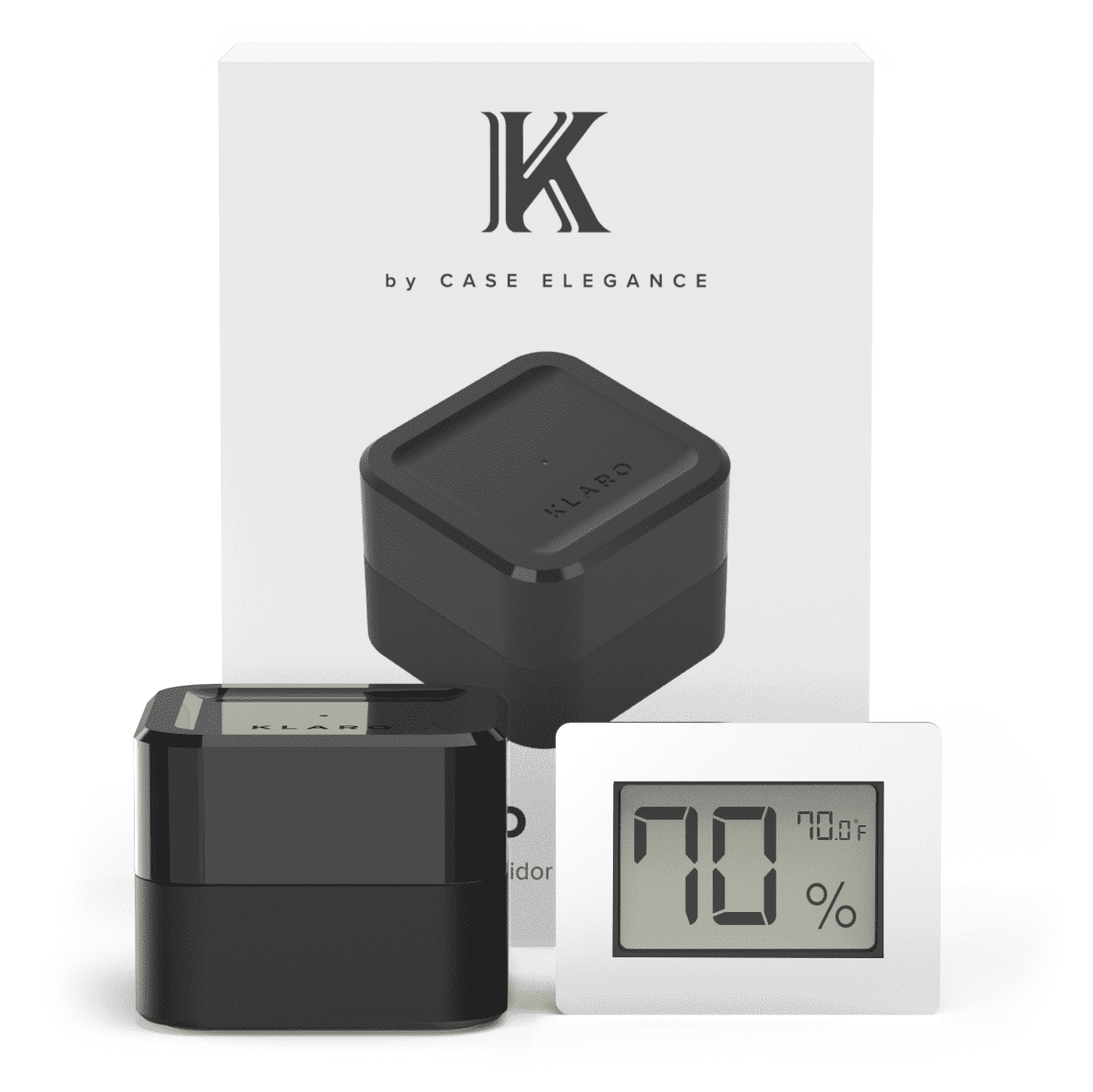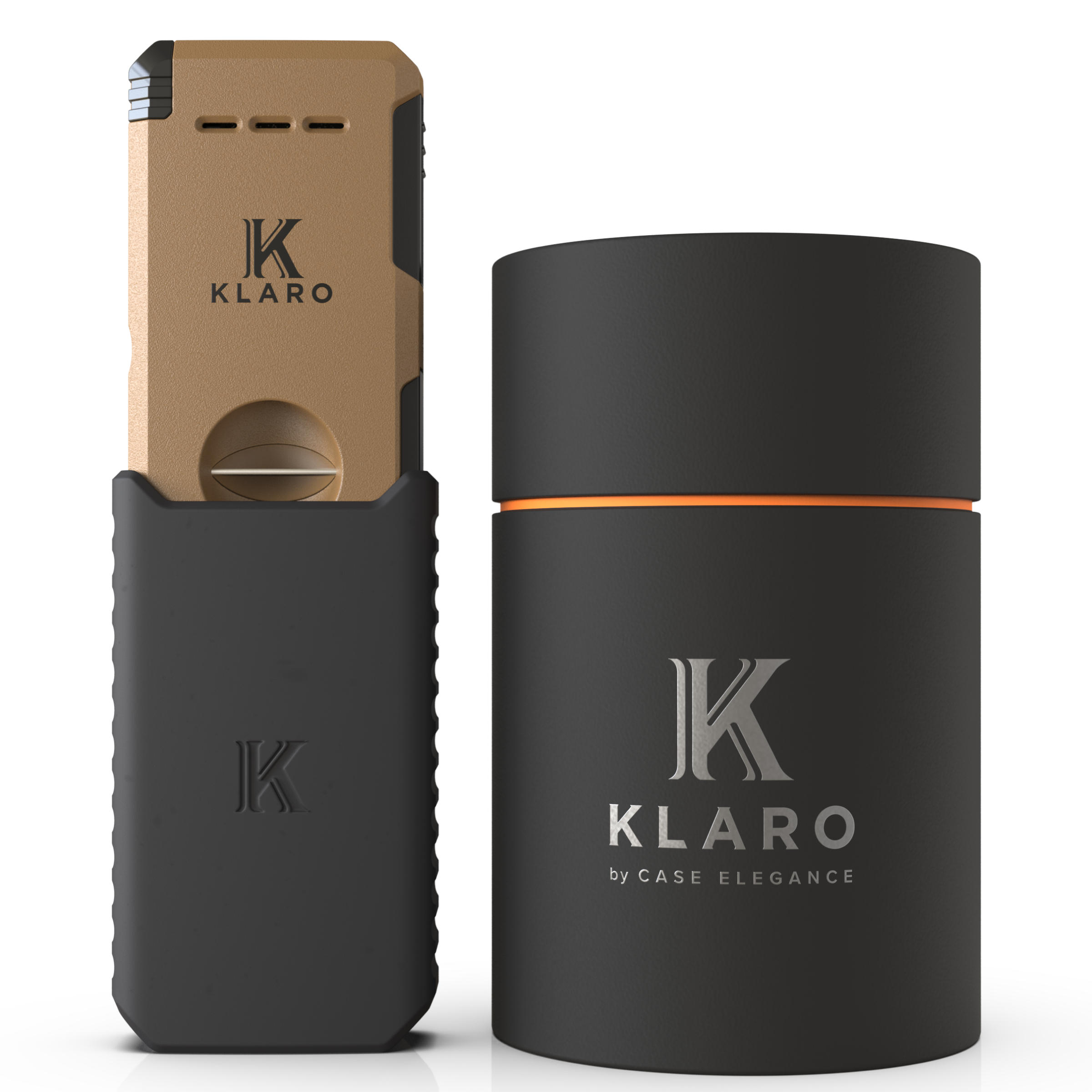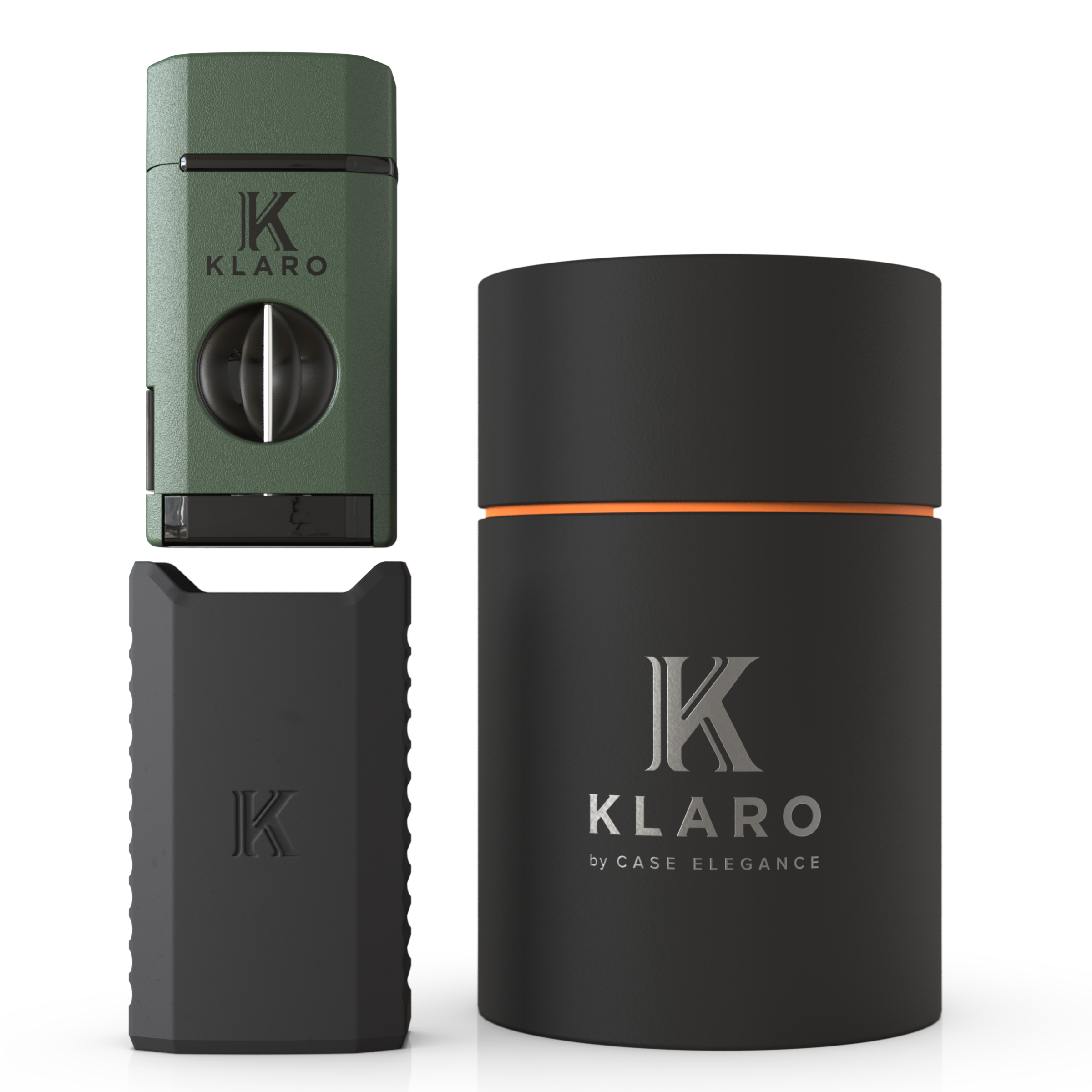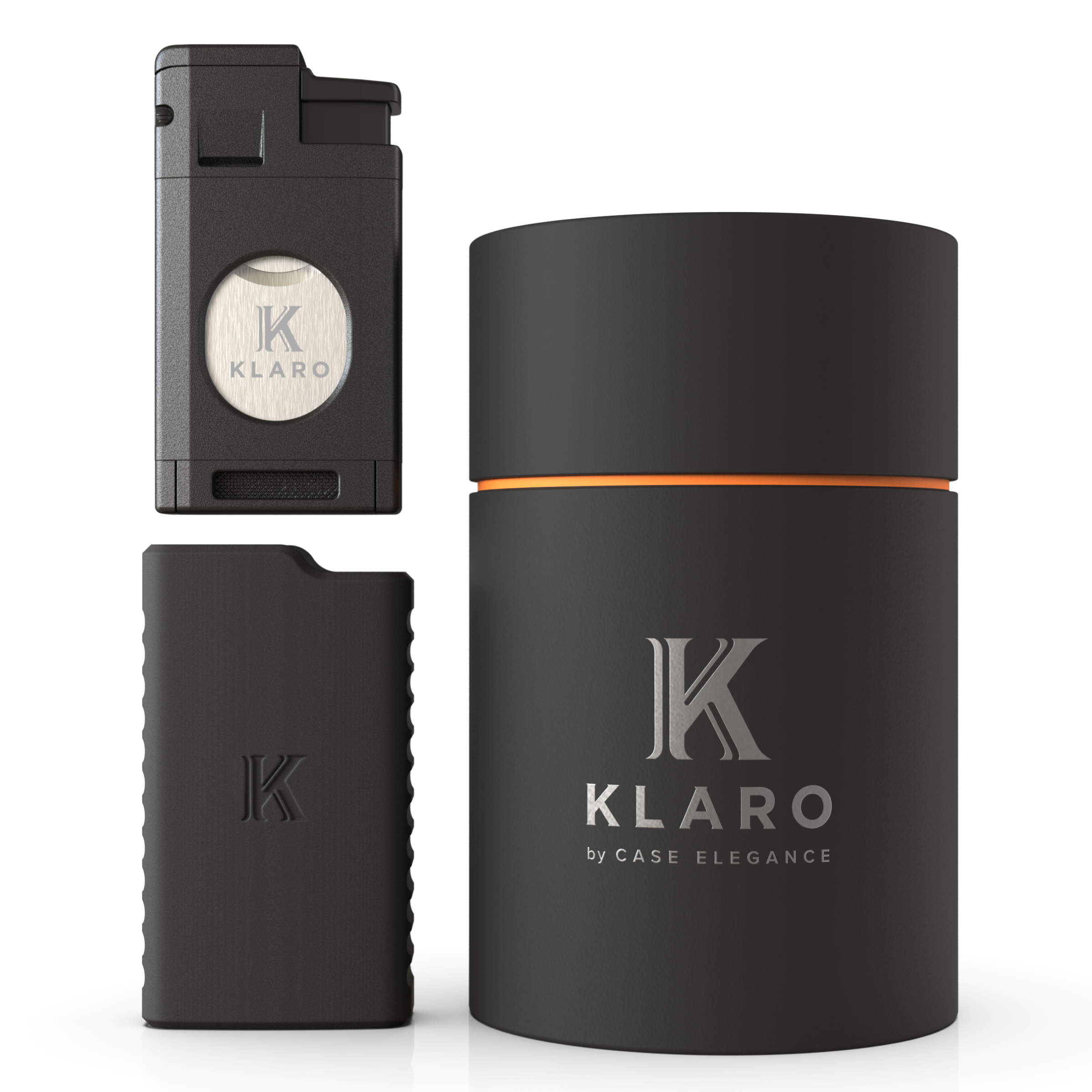It’s hard to imagine tobacco without the stimulant known as nicotine and its effects on the human body. While the chemical properties of tobacco are not typically at the forefront of a cigar assessment, the act of focusing on the flavors and nuances found within the cigar smoking experience are important.
A common question among new cigar smokers is whether it is advisable to inhale the smoke billowing forth from a stogie. After all, cigarettes get inhaled. So why inhale one and not the other? Are there certain cigars that are okay to inhale? Or is it all just a big no-no, and inhaling should be avoided at all costs?
Today, we will discuss the nuts and bolts of cigar smoking to help you better enjoy both the process and the overall experience, by answering the question as to whether or not you should inhale cigar smoke or not.
Common Misconceptions About Inhaling Cigar Smoke

Inhalation refers to the drawing of smoke into the lungs, which, for cigarettes and cigars, is a delivery method for nicotine. When you smoke a cigar or cigarette, the nicotine is vaporized, which you can then draw into the lungs to be absorbed into the bloodstream. But this process also invites harmful substances into your lungs, such as tar, carbon monoxide, and the naturally occurring chemicals encapsulated within the tobacco plant.
If you’ve ever inhaled a cigar—and have also tried a cigarette—you know the smoke produced from a cigar is significantly stronger and harsher. This is a result of a few factors, including the blend of tobacco and the lack of a filter.
Compared to cigarettes, cigars typically contain a higher concentration of natural tobacco leaves compared to cigarettes, which often contain processed tobacco mixed with additives. Cigar tobacco tends to be stronger and more robust in flavor, with more nicotine — which can contribute to a harsher smoking experience, particularly for individuals who are not accustomed to the intensity of cigar tobacco.
But there are a lot of misconceptions when it comes to inhaling cigars, including that inhaling cigars is less harmful than cigarettes. Although the smoke from a premium cigar tends to be more pure than the average cigarette, that doesn't make it any more safe. In fact, the lack of a filter and shear volume of smoke being pulled into the lungs is a massive red flag for all of the obvious reasons.
While it's true that premium cigars are considerably more pure than cigarettes, and must meet stringent cigar standards outlined by the Cigar Association of America (CAA), they still produce harmful chemicals when burned, including those associated with the combustion of organic matter. Moreover, the high concentrations of nicotine and other toxins in cigar smoke can pose significant health risks, regardless of their natural origins.
Is There a Right Time to Inhale Cigar Smoke?

While the vast majority of premium cigar smokers do not inhale, some cigar enthusiasts do choose to inhale, and yes, they do have their reasons.
For starters, cigars range considerably in strength, blend, size, and type. While essentially all cigars will burn longer and slower than cigarettes, shorter/smaller cigars often burn quicker, which may lead some to experiment with inhaling smoke.
Certain tobacco blends are far less harsh and might appeal to smokers considering inhaling. Lighter wrappers and smoother fillers may lead some cigar smokers to experiment, and over time they may come to enjoy that intense nicotine buzz and could even develop a tolerance.
But for novice smokers, feeling the negative effects of entirely too much nicotine is possible even without inhaling. So keeping that smoke upstairs is even more important when you are first getting started on your cigar journey.
Health Considerations

Now that we have established that inhaling cigar smoke does pose health risks, and may make you sick, let's discuss what is going on inside that smoke. Even the purest organic cigar on the planet contains tar, carbon monoxide, and carcinogens naturally found in tobacco leaves. All of which can increase the risk of certain health problems, including cancer, heart disease, and respiratory disorders.
But what if I don’t inhale? Yes, puffing cigars without inhaling is generally considered less harmful than inhaling cigar smoke. But your mouth, nose, tongue, lips, and larynx are all still susceptible to damage, so don't think you are off the hook because you kept all that smoke upstairs.
However, the less exposure your lungs have to those harmful substances we discussed earlier, the better off you are. That is because the lungs not only absorb nicotine faster than the upper sections of the respiratory system, but they also offer a gateway that carcinogens can easily exploit. Simply put, the more carcinogens in the bloodstream, the greater your health risks may be over time.
Beyond the health implications, puffing a cigar rather than inhaling it allows you to better focus on the flavors and aromas of a cigar, which is why we’re all here in the first place.
Prioritizing Flavor

Cigars offer a wide range of flavor nuances derived from the varietals used in the blend, aging processes and time lengths implemented, and fermentation methods used. Common cigar flavors include sweet, funky, earthy, woody, spicy, nutty, sweet, and creamy notes, which can vary depending on factors such as the type of tobacco used, the cigar's origin, and its aging period post production.
The average premium cigar blend will emit a complex and aromatic level of smoke. This can be characterized by rich, nuanced scents of cedar, leather, coffee, cocoa, dried fruit, and even the stray floral bouquet, depending upon the blend of course.
Inhaling cigar smoke may cause you to miss many of these nuanced flavors and aromas. If you’ve ever inhaled a cigar, you know that the shock, followed by the hacking, coughing, and eye-watering recovery time caused by taking that smoke into your lungs can ruin the entire experience. Instead, allow the smoke to settle on your taste buds, swirl it around in your mouth, retrohale a portion out through your nostrils, and admire the aftertaste.
Common Cigar Smoking Misconceptions

Myth: Inhaling cigars is for badasses.
Reality: Not so much. You’re welcome to inhale, but doing so may take away from the overall experience, and will likely cause you to look like a complete jackass when you blow chunks at the BBQ party.
Myth: Only cigarette smokers inhale smoke into their lungs.
Reality: While many cigar smokers choose not to inhale, some individuals do inhale cigar smoke to experience the rapid delivery of nicotine. To each their own.
Myth: Inhaling cigar smoke is not harmful.
Reality: Inhaling cigar smoke still exposes the smoker to harmful substances such as tar and carbon monoxide, and increases the risk of various health issues.
Myth: Inhaling cigar smoke doesn't cause addiction.
Reality: Nicotine is present in all forms of tobacco, and inhaling cigar smoke can lead to nicotine addiction.
Myth: Inhaling cigar smoke deeply into the lungs enhances the flavor experience.
Reality: There are no taste buds in your lungs. They also don't contain any smell receptors. So no, inhaling will not expose a kaleidoscope of fresh flavors that were previously undetected.
Personal Preferences Matter Most

So what’s right for you? Even beyond choosing whether to inhale or not, smoking a cigar is a highly personal experience, and you get to dictate what you prefer — even down to which types of cigars or tobacco blends you are willing to try.
Your preferences are just as unique as you are as a human being, and that means you will surely enjoy certain things that other smokers will find repulsive, and visa versa. Identify what is pleasurable, which smoking techniques allow you to detect the most nuances within a cigar, and what might be negatively impacting the experience. Chances are that inhaling is not helping one bit.
Parting Puffs

So are you supposed to inhale cigars? We wouldn’t recommend it. There’s an endless array of intense flavors and aromas to be had, as well as subtle nuances within the average premium cigar that don't require a single inhale to be appreciated.
What we do encourage is that you experiment with retrohaling, try different types of cigars, read cigar reviews, and start a cigar journal. Spend time thinking about what you like about a certain blend, and then shop around for more blends that fall into that same category. You may find that over time, branching out and trying premium cigar blends that are outside of your comfort zone were the most rewarding smokes, even without a single inhale.

